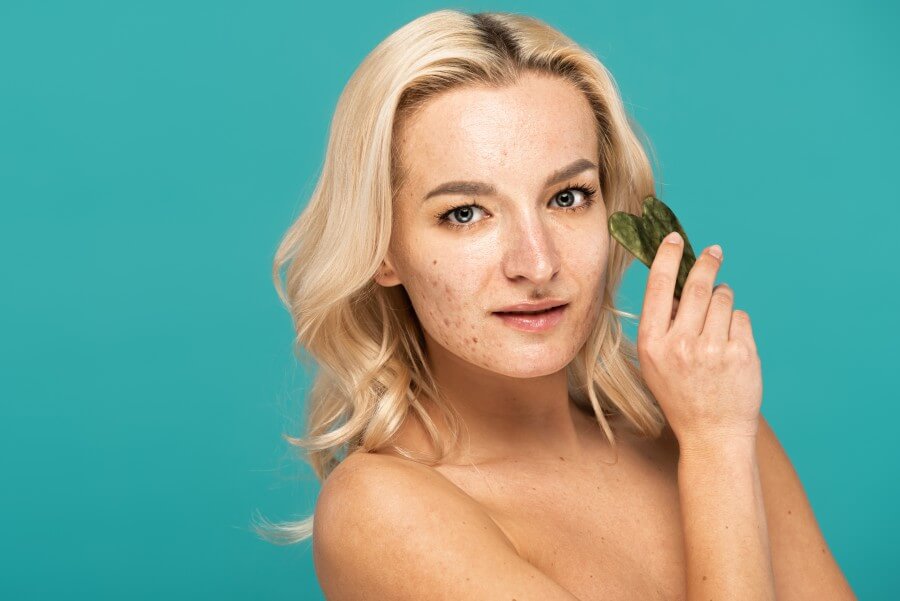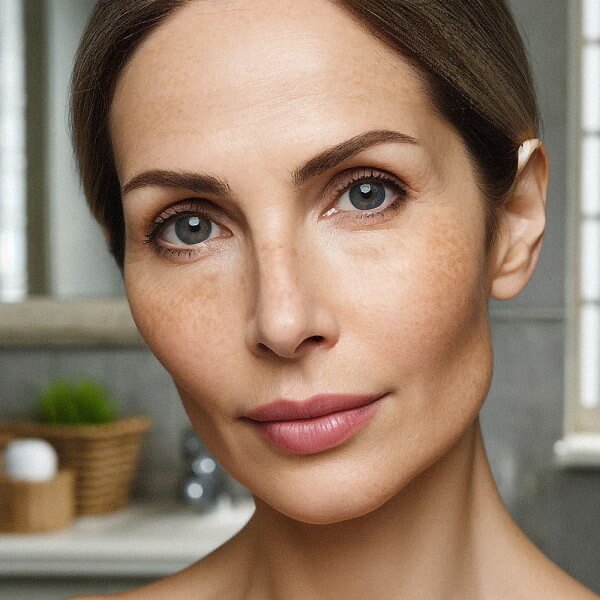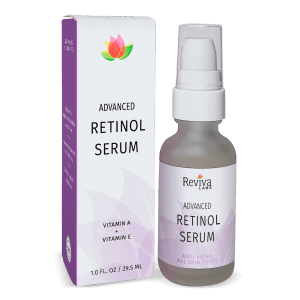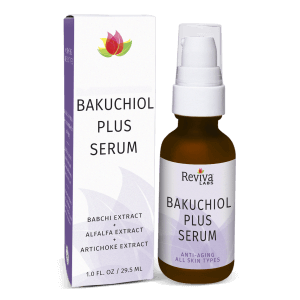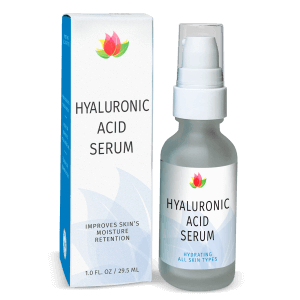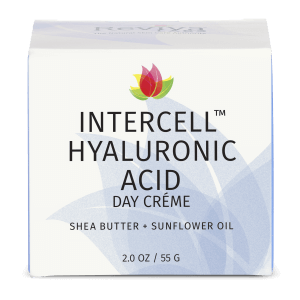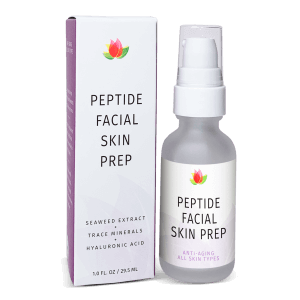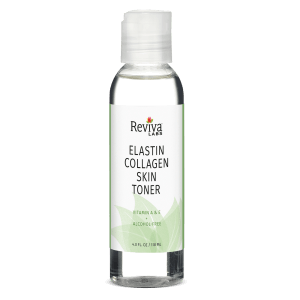Reviva Labs, Skin Care
Understanding Skin Purging and Its Prevention
Skin purging, often a misunderstood phenomenon, is a process where your skin reacts to an active ingredient that prompts cell turnover. When new cells replace the old, impurities are pushed to the surface, resulting in breakouts. It’s vital to distinguish skin purging from breakouts caused by irritation or allergies. The latter signifies your skin’s negative reaction to a product, not a healing process.
Gentle Introduction of New Products
Incorporating new skincare products into your routine should be done gradually. This approach allows your skin to adjust without overwhelming it. Start by applying a small amount of the new product every other day, gradually increasing its frequency. This method is particularly crucial when introducing products with active ingredients like retinoids or acids, known to cause purging. By easing into their usage, you allow your skin to adapt more comfortably, reducing the severity of purging.
Maintaining a Balanced Skincare Routine
A well-balanced skincare regimen is key to preventing excessive skin purging. While it’s tempting to use multiple active ingredients for faster results, this can lead to skin irritation and worsen purging. It’s essential to balance active ingredients with soothing, hydrating products. Include gentle cleansers, moisturizers, and sun protection in your daily routine to support your skin’s health. This balance ensures that while your skin is undergoing renewal, it’s also being nourished and protected.
Hydration and Barrier Support
Hydrating your skin is crucial in preventing harsh reactions like purging. When the skin’s barrier is compromised, it becomes more susceptible to irritation. Ensure that your skincare routine includes products that hydrate and reinforce the skin barrier. Ingredients like hyaluronic acid, glycerin, and ceramides are excellent for maintaining skin hydration and integrity. A strong, healthy skin barrier can better handle active ingredients and reduce the likelihood of severe purging.
Understanding Your Skin Type
Everyone’s skin is unique, and understanding your skin type is fundamental in preventing purging. Different skin types react differently to active ingredients. For instance, oily skin might tolerate stronger concentrations compared to sensitive skin. If you’re unsure about your skin type or how it might react to certain ingredients, consulting a dermatologist can be immensely helpful. They can recommend products and concentrations that are appropriate for your skin, minimizing the chances of purging.
Avoid Over-Exfoliation
Exfoliation is a beneficial part of any skincare routine, but overdoing it can lead to skin purging and irritation. Whether you’re using physical exfoliants like scrubs or chemical exfoliants like acids, moderation is crucial. Over-exfoliation can strip the skin of its natural oils, leading to an impaired barrier function. This leaves the skin vulnerable to irritants and can exacerbate purging. Limit exfoliation to a few times a week and choose gentle exfoliants that are suitable for your skin type.
Patience and Understanding the Process
Understanding that purging is a temporary process can be comforting. It’s a sign that your skin is responding to the active ingredients and rejuvenating itself. Patience is key. It might take a few weeks for your skin to settle down, but once it does, you’re likely to see improvements. If the purging doesn’t subside or if you experience severe irritation, it’s essential to consult a dermatologist.
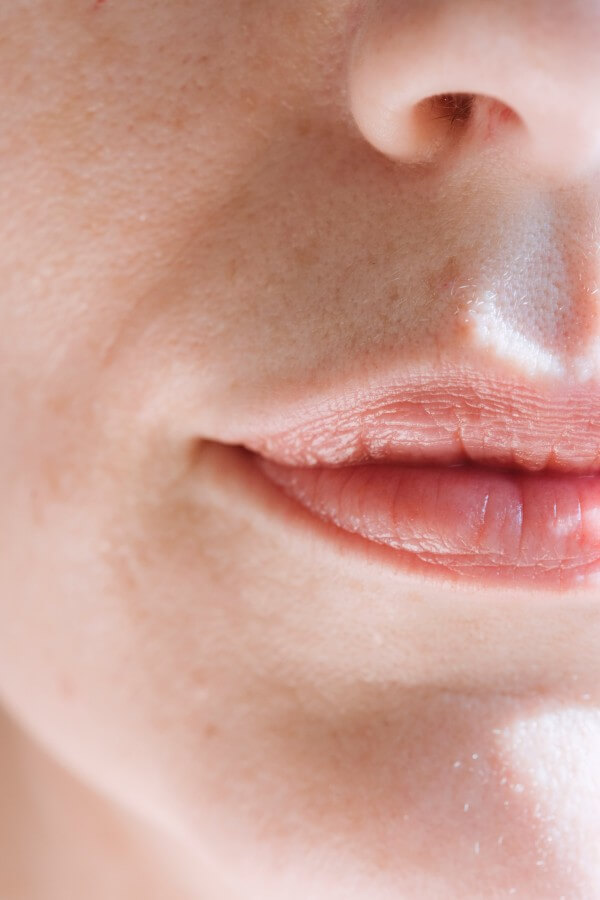
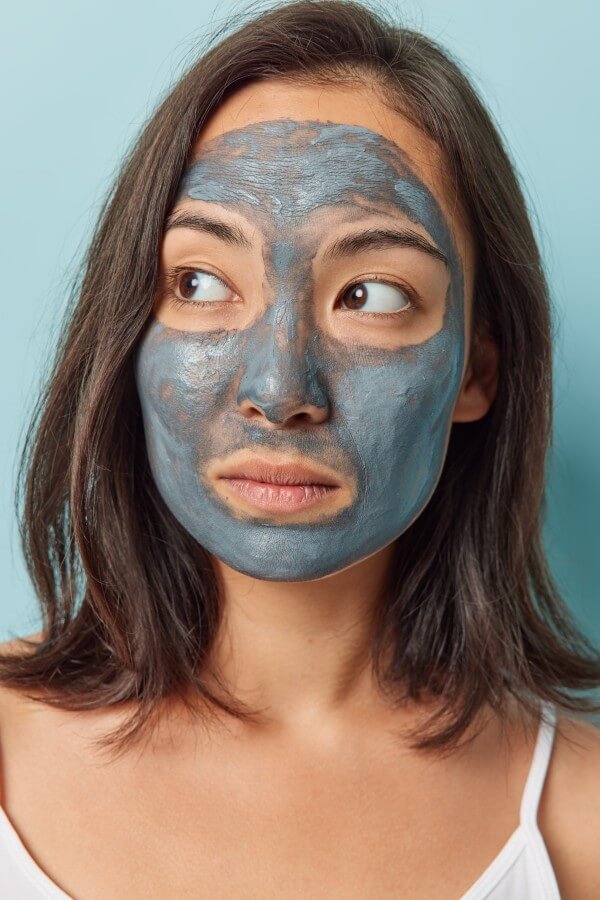

Protecting Your Skin from Environmental Stressors
Environmental factors like sun exposure, pollution, and extreme weather conditions can aggravate your skin and exacerbate purging. Protect your skin by wearing sunscreen daily and using antioxidants like vitamin C. These measures not only protect against environmental damage but also support your skin’s healing process during purging.
Diet and Lifestyle Considerations
Your diet and lifestyle can impact your skin’s health. A diet rich in fruits, vegetables, and healthy fats can provide the nutrients your skin needs to stay healthy. Additionally, staying hydrated, getting enough sleep, and managing stress are important factors in maintaining overall skin health. A healthy lifestyle can support your skin’s ability to handle active skincare ingredients and reduce the severity of purging.
When to Seek Professional Advice
If you’re struggling with skin purging or are unsure about the products you’re using, seeking professional advice is advisable. A dermatologist can assess your skin’s condition and recommend a tailored skincare regimen. They can also provide guidance on how to introduce active ingredients safely and effectively.
Caution Can Help Avoid Purging
Preventing skin purging is about understanding your skin, introducing new products cautiously, and maintaining a balanced skincare routine. Hydration, avoiding over-exfoliation, and protecting your skin from environmental stressors are also crucial. Remember that while purging can be a normal part of the skin renewal process, severe or prolonged reactions warrant professional advice. With these strategies, you can minimize the chances of purging and maintain healthy, glowing skin.



